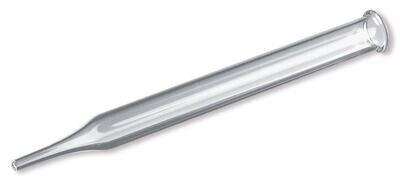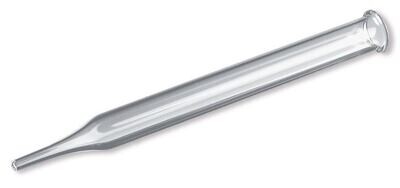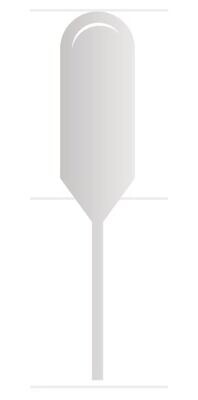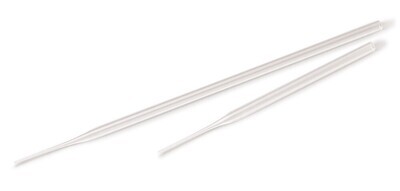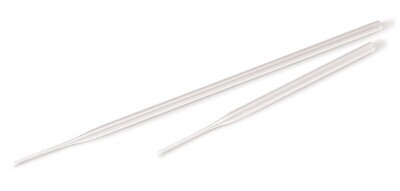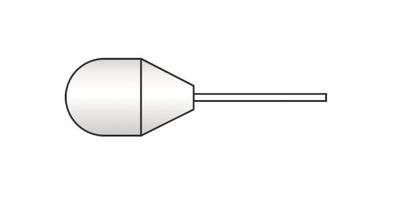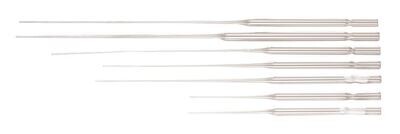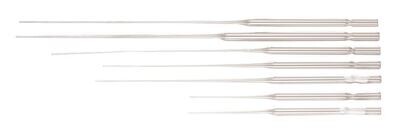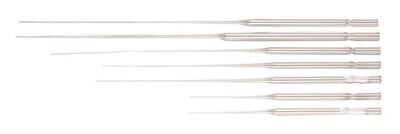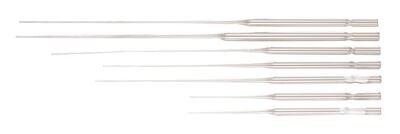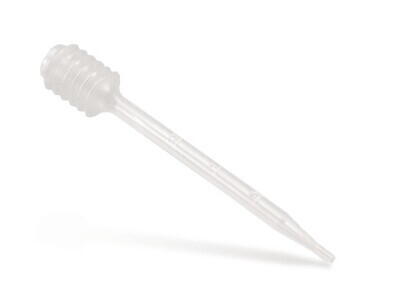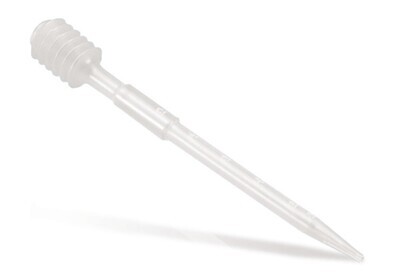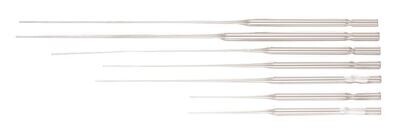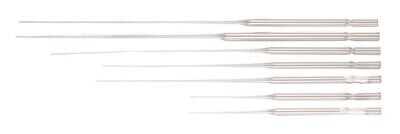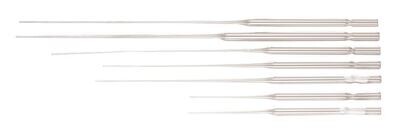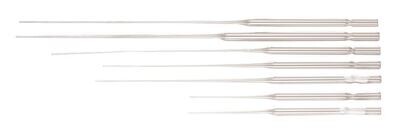Pasteur pipettes
Pasteur pipettes are essential laboratory instruments used for accurately measuring and transferring small amounts of liquids. They are named after the famous French chemist Louis Pasteur, who was a pioneer in the field of microbiology and sterilization techniques. Pasteur pipettes are made of glass or plastic and have a thin, tapered tip at one end and a wider section at the other end, which serves as a reservoir for the liquid. The tip of the pipette can be broken off to draw in the desired amount of liquid and then the liquid can be accurately dispensed by gently squeezing the pipette. One of the main uses of Pasteur pipettes is in microbiology, where they are used to transfer bacteria, fungi and other microorganisms. The use of Pasteur pipettes allows the researcher to transfer small amounts of these microorganisms to various growth media, such as agar plates, to study their growth and properties. In addition, Pasteur pipettes are also widely used in chemistry, biochemistry and biotechnology. They can be used to accurately measure and transfer reagents, solvents and other chemicals. This is especially important when conducting experiments where the correct proportions of different substances are crucial for achieving reliable results. Using Pasteur pipettes has several advantages. First, they are highly accurate, allowing researchers to measure and transfer small amounts of liquids with minimal error. Secondly, they are easy to use and can be easily cleaned and sterilized for reuse. This makes them cost-effective and environmentally friendly. However, when using Pasteur pipettes, it is important to take some precautions. First, they should always be handled with clean hands and in a clean environment to avoid contamination. Secondly, they should be checked before each use for any damage, such as cracks or broken points, as this can affect the accuracy and reliability of the measurements. In short, Pasteur pipettes are indispensable instruments in laboratories around the world. They provide researchers with the ability to accurately measure and transfer small amounts of liquids, which is essential for conducting various experiments and analyses. With their precision, ease of use and versatility, Pasteur pipettes are a valuable tool for scientists in various fields.
Refine by
Display prices in:EUR
